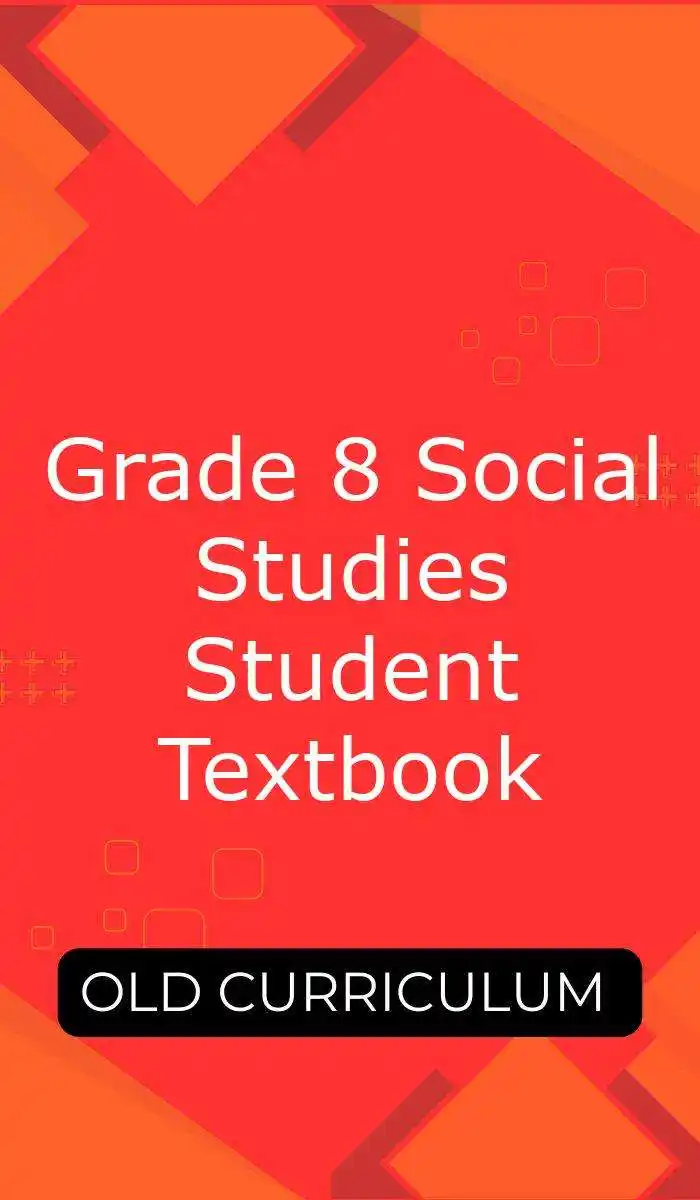The Ethiopian Grade 8 Old Curriculum Social Studies Textbook contains 4 main units. They are:
- Unit 1: The World We Live In
- Unit 2: The Forces That Change the Surface of the Earth
- Unit 3: Human Intervention in the Ecosystem
- Unit 4: Public Agenda
Unit 1: The World We Live In
This unit helps students understand the global setting they are part of. It covers continents, languages, and major historical changes.
Students will learn to:
- Identify continents and describe their major natural features
- Recognize widely spoken world languages
- Appreciate ancient world civilizations and their contributions
- Understand why some places are densely or sparsely populated
- Explain the causes and impact of the Industrial Revolution
- Learn about Africa’s resistance to colonial rule
- Explore the rise of new political and economic ideas across the world
Unit 2: The Forces That Change the Surface of the Earth
This section focuses on natural processes and how they shape our planet.
Students will learn to:
- Explain both internal and external forces like earthquakes, volcanoes, erosion, and how they affect the Earth's surface
- Identify landform changes and their causes
- Use maps to measure distances and areas accurately
Unit 3: Human Intervention in the Ecosystem
This unit highlights how human actions affect nature and what we can do about it.
Students will learn to:
- Describe how human activities damage natural resources
- Identify major pollutants and actions to reduce pollution
- Understand the science and effects of global warming
Unit 4: Public Agenda
This final unit looks at current social challenges and the role of individuals in shaping a better future.
Students will learn to:
- Understand the important role youth can play in fighting HIV/AIDS, promoting gender equality, and supporting population policy
- Recognize examples of harmful behavior and how to avoid delinquency
- Explain the goals and principles of the United Nations
- Understand what globalization is and how it affects countries like Ethiopia






